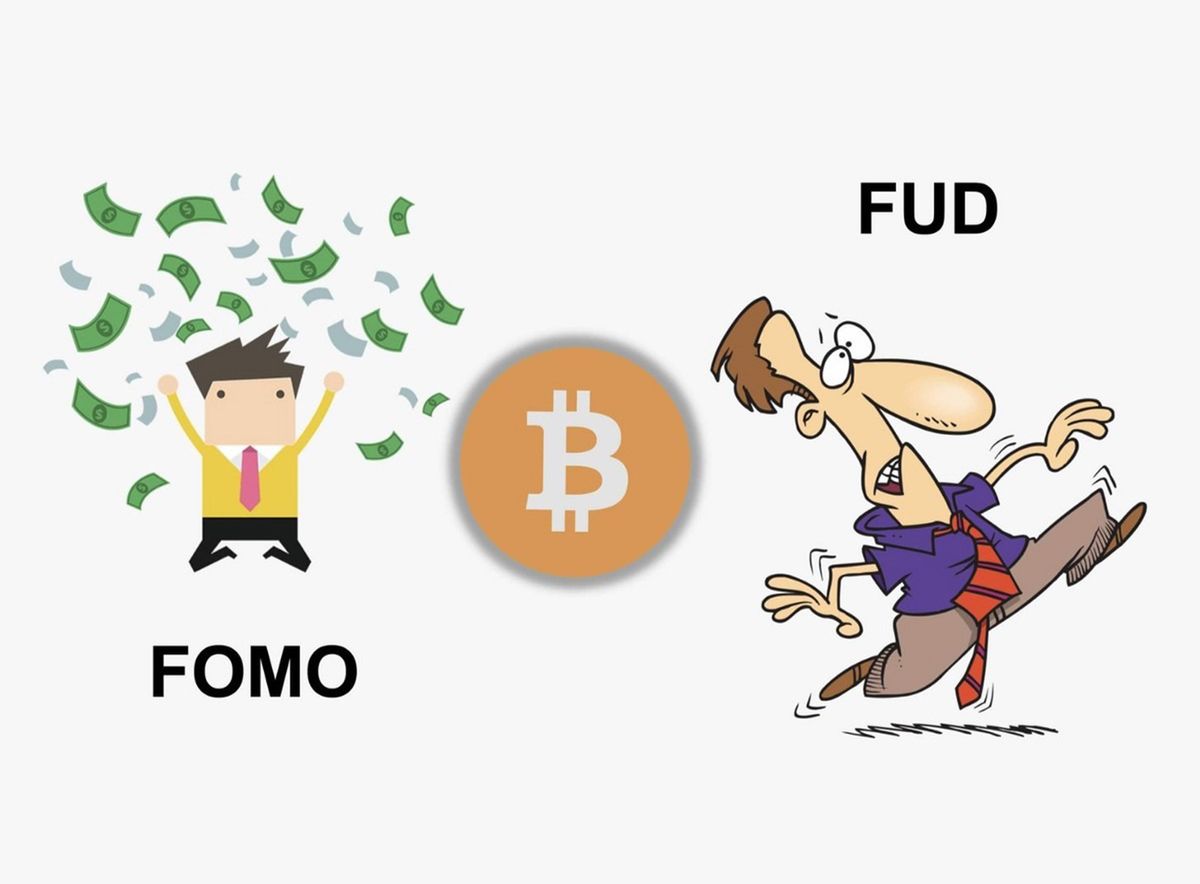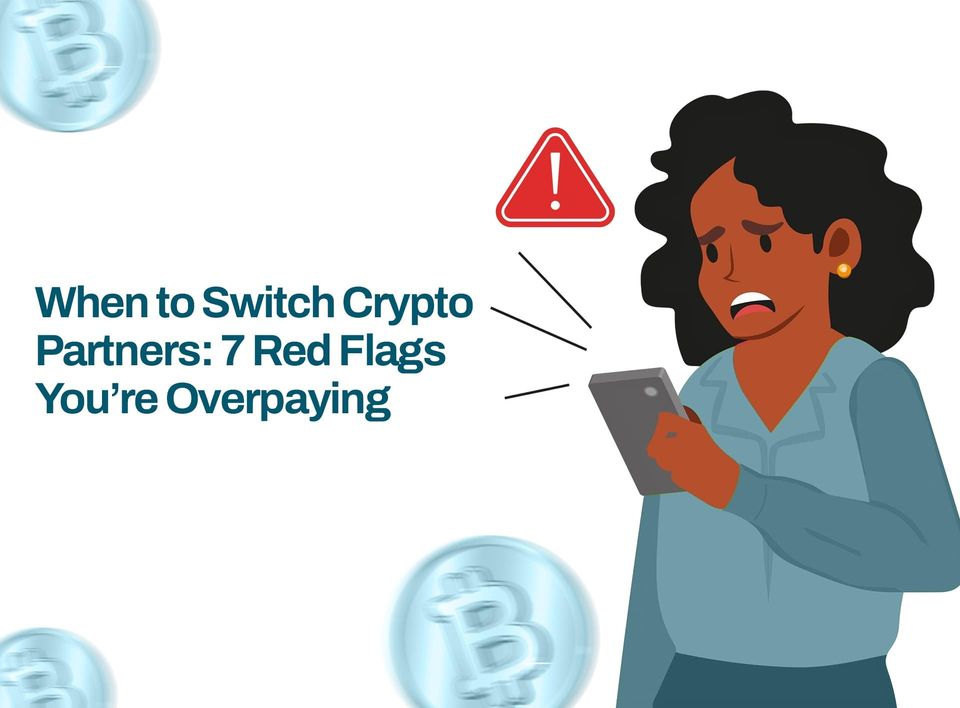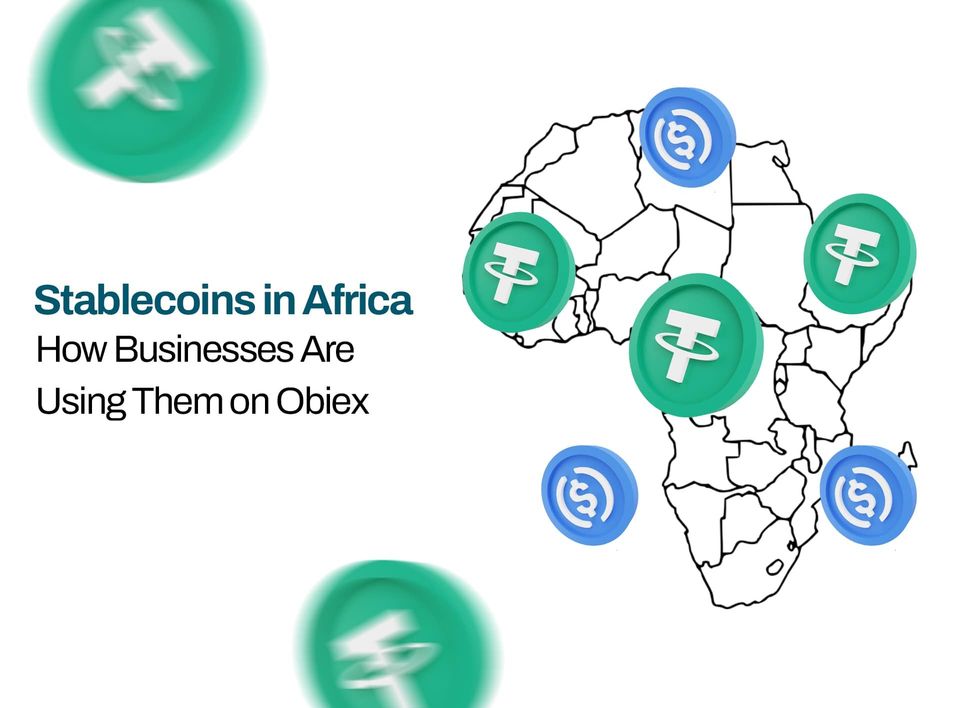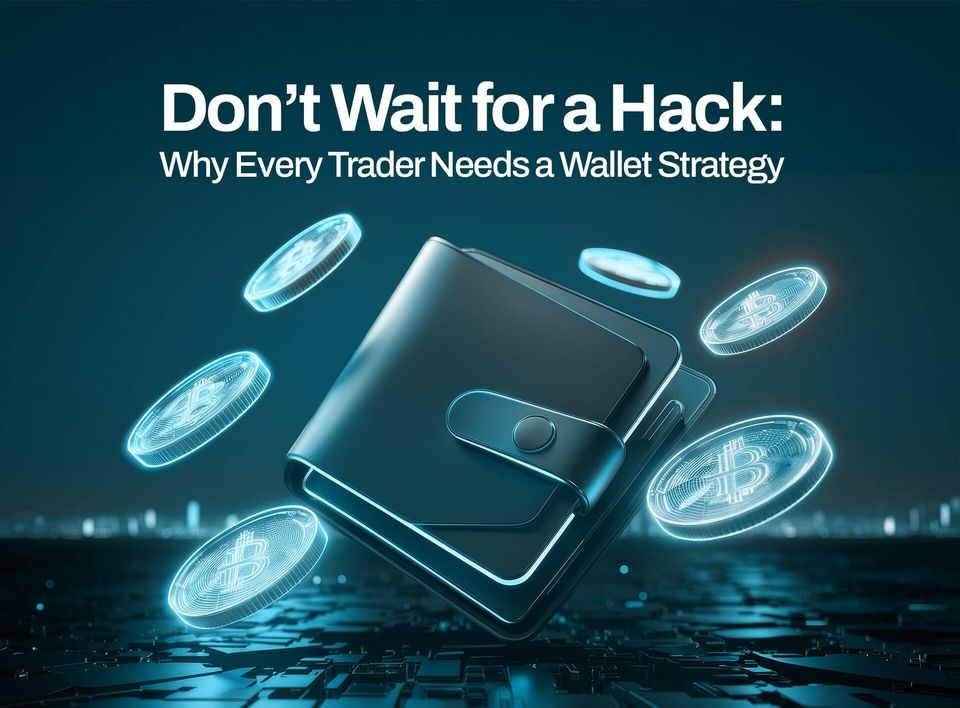From FOMO to FUD: Emotional Extremes in the Crypto Community
From FOMO to FUD, learn how emotional swings impact your trades and discover tactics to stay level-headed in the wild crypto markets.

TABLE OF CONTENT
1. Introduction
2. What is FOMO?
3. The Impact of FOMO on the Crypto Community
4. What is FUD?
5. The Impact of FUD on the Crypto Community
6. The Role of Media and Social Media in Generating FOMO and FUD
7. Strategies to Overcome FOMO and FUD
8. Tools and Techniques for Emotional Management
9. Closing Thoughts
10. FAQs
There is no peer pressure as intense as that of the crypto community. No surprise there because when the decisions involve money, there will definitely be some delicate feelings involved as well.
This is why one of the very familiar emotions to crypto traders is fear—the fear of losing and the fear of not profiting when others are. Traders often experience these emotions on a high scale, hence their being named the emotional extremes of the crypto community.
These two emotional extremes that every crypto trader must have experienced in their trading journey are FOMO and FUD, and they don’t only affect newbie traders. These extremes do not regard trading ranks and may even strongly affect the most seasoned traders.
Let’s talk about them and explore how crypto community members can navigate them for a better trading experience.
What is FOMO?
FOMO, or Fear of Missing Out, is a common emotion in the crypto world that often leads investors to make impulsive decisions. For example, let’s say there is a new digital currency that everyone is talking about – the prices keep skyrocketing, and you see your friends making substantial profits. FOMO kicks in when you worry about missing out on these potential gains, urging you to hastily invest without fully understanding the risks.
FOMO can lead to inflated market bubbles and sudden price fluctuations in the crypto community. In perspective, during the infamous Bitcoin surge in 2017, FOMO was a driving force behind the rapid price increase, with Bitcoin going from $900 to an all-time high of nearly $20,000. However, this was followed by a sharp decline, leaving many investors in a state of regret.
Understanding FOMO is crucial for navigating the unstable crypto market, as it helps investors make more informed and rational decisions rather than succumbing to impulsive actions driven by the fear of missing out on potential profits.
The Impact of FOMO on the Crypto Community
The impact of FOMO in the crypto community is intense, affecting both individual traders and the overall market in the following ways:
1. Herd Mentality and Price Instability:
FOMO fuels a herd mentality, where investors follow the crowd without thoroughly understanding the market conditions. This collective action can lead to sudden price surges, creating high instability. In extreme cases, this instability can result in rapid price increases followed by sharp declines, leaving inexperienced investors with significant losses.
2. Pump and Dump Schemes:
FOMO contributes to the prevalence of pump-and-dump schemes, where a group artificially inflates the price of a cryptocurrency through hype and false information. Once the price peaks, these orchestrators sell off their assets, leaving those who bought in during the hype with substantial losses.
3. Overvaluation and Bubble Formation:
The intense FOMO-driven buying sprees can lead to the overvaluation of cryptocurrencies, creating market bubbles. When the bubble bursts, prices fall, causing significant financial harm to those who entered the market during the FOMO-driven increase.
4. Regulatory Scrutiny and Legal Challenges:
FOMO-driven market activities attract regulatory attention, leading to increased scrutiny and legal challenges. Regulators may intervene to protect investors from the risks associated with FOMO-driven behaviour, imposing restrictions or investigating fraudulent activities. This creates a more uncertain environment, impacting the overall credibility and stability of the crypto market.
5. Long-Term Investment Risks:
Investors influenced by FOMO tend to focus on short-term gains, neglecting the importance of due diligence and long-term investment strategies. This approach increases the risk of financial losses, as the crypto market's unpredictable nature requires a more subtle and informed approach. FOMO-driven decisions may lead to impulsive actions, jeopardising potential long-term gains.
What is FUD?
"FUD," an acronym for Fear, Uncertainty, and Doubt, is a common term in the crypto community that sums up the emotional rollercoaster often experienced by investors. Again, let’s say you've just invested in a new cryptocurrency, and suddenly, you come across alarming news or negative rumours about this cryptocurrency’s future. That uneasy feeling, the worry that you might lose your investment - that's FUD.
The emotional impact of information creates fear or doubt, leading to impulsive decisions. For instance, a tweet about a potential government crackdown on cryptocurrencies can trigger widespread FUD, causing panic selling and market instability. FUD isn't just about baseless fears; it often comes from real-world events. Let’s get some perspective again. During the 2021 China crypto ban, FUD spread like wildfire, causing a significant drop in the market.
The Impact of FUD on the Crypto Community
Let's break down the tangible impacts of FUD in the crypto space.
1. Market Instability:
FUD introduces uncertainty to the market, leading to widespread panic selling. For example, a false rumour spreads about a regulatory crackdown on a popular cryptocurrency, causing fearful investors to quickly sell their assets and prices to drop. This instability in the market results in unpredictable price swings due to baseless concerns.
2. Reduction of Investors’ Confidence:
Fear, uncertainty, and doubt (FUD) can reduce the trust of crypto investors, causing them to quickly sell off assets or leave the entire market. Imagine waking up to alarming news about the security of a commonly used crypto wallet. In such a situation, investors might lose confidence in the technology, leading to a hurried selling of their investments. The lasting result is a divided investor community and doubt surrounding crypto projects.
3. Regulatory Scrutiny and Public Perception:
FUD often attracts unwarranted regulatory attention as authorities respond to perceived risks or threats. Let’s say a misleading report suggests the widespread use of cryptocurrencies in illicit activities. This misinformation could trigger regulatory crackdowns, leading to stricter policies and increased scrutiny. Such developments impact the market and shape public perception, reinforcing the notion that cryptocurrencies are naturally risky.
4. Project Development Setbacks:
Crypto projects are not immune to the effects of FUD. Baseless claims or rumours can tarnish the reputation of a project, hindering partnerships and stalling development. A decentralised finance (DeFi) project could face FUD about potential security vulnerabilities. This could lead to a freeze in user activity, reduced funding, and a slowdown in the project's evolution.
5. Opportunity Costs and Missed Potential:
The crypto community thrives on innovation, but FUD can stifle progress. If investors shy away from groundbreaking technology, facing unwarranted doubt due to fear, the potential for groundbreaking advancements in the crypto space may be delayed or even missed entirely. The opportunity costs associated with FUD can hinder the growth and maturation of the entire cryptocurrency ecosystem.
The Role of Media and Social Media in Generating FOMO and FUD
Media outlets and social platforms often hype up specific cryptocurrency trends or events, creating a sense of urgency and excitement among investors. This Fear of Missing Out (FOMO) can lead individuals to make impulsive decisions, like hastily investing in a trending coin without proper research.
For instance, if a popular figure tweets about a specific cryptocurrency reaching new highs, it can trigger a wave of FOMO, causing people to rush into the market without considering potential risks. In 2021, during the Dogecoin hype, FOMO-driven investments surged, with Dogecoin's price spiking dramatically, only to leave many investors with losses when the bubble burst.
Media and social media can also generate Fear, Uncertainty, and Doubt (FUD), creating panic among investors. Negative news or misleading information can cause a rapid sell-off, triggering a snowball effect. For example, suppose a news outlet reports a potential ban on cryptocurrencies by a government, even without solid evidence. In that case, it can sow seeds of doubt and fear in the crypto community.
This can lead to a mass sell-off, driving down prices. In 2021, when China intensified its crackdown on cryptocurrency mining and trading, FUD spread rapidly, causing significant market turbulence.
Strategies to Overcome FOMO and FUD
1. HODL with a Plan:
To combat FOMO, the strategy is simple: HODL (Hold On for Dear Life), but with a plan. Determine your investment goals and set realistic milestones. Whether it's a profit percentage or a specific price target, having a plan helps you stay focused on your objectives and avoid impulsive decisions driven by FOMO.
2. Diversify Wisely:
Diversification is a powerful tool for countering FOMO and FUD. Spread your investments across different cryptocurrencies, industries, and asset classes. This reduces the impact of market fluctuations on your overall portfolio and minimises the fear of missing out on a single, potentially unstable opportunity.
3. Stay Informed, Not Overwhelmed:
FUD often stems from misinformation or a lack of understanding. Stay informed about the cryptocurrency market, but avoid drowning in excessive information. Follow reputable sources, research thoroughly, and consult experts when needed. This knowledge will empower you to make informed decisions and dispel unnecessary fears.
4. Embrace Instability:
Cryptocurrency markets are naturally unstable. Instead of fearing instability, embrace it as part of the game. Recognise that price fluctuations are normal and provide opportunities for both gains and losses. Setting realistic expectations and understanding market dynamics can help you navigate FUD with a rational mindset.
5. Establish Exit Strategies:
Developing clear exit strategies helps counter both FOMO and FUD. Determine when to take profits or cut losses based on your predefined criteria. This disciplined approach removes emotional impulses, allowing you to make rational decisions in the face of market euphoria or uncertainty.
6. Research and Understand:
Before jumping into any investment, take the time to research and understand the project thoroughly. Look beyond the hype and headlines. For instance, if a new coin is making waves, thoroughly analyse its whitepaper to understand its purpose, technology, and long-term potential. Knowledge is your best defense against FOMO.
Tools and Techniques for Emotional Management
1. Mindfulness Practices:
Mindfulness involves being aware of your thoughts, feelings, and bodily sensations without judgment. Through techniques like meditation, deep breathing, or simple awareness exercises, individuals can observe their emotions without being swept away by them. For instance, taking a moment to breathe and ground yourself when experiencing FOMO can help you regain perspective and make informed decisions.
2. Journaling:
Writing down your thoughts and emotions can provide clarity and insight into your emotional patterns by jotting down the reasons behind your investment decisions and how you feel about them. For example, keeping a trading journal can help you recognise when FUD drives your decisions, allowing you to address underlying concerns more effectively.
3. Setting Clear Goals and Limits:
Establishing clear investment goals and setting limits can help reduce emotional responses to market fluctuations. Whether determining the percentage of your portfolio you're willing to risk or defining your long-term financial objectives, having a plan in place can reduce impulsive reactions to market instability. For instance, setting a stop-loss order can protect against significant losses during market downturns, helping to alleviate FUD-induced panic selling.
4. Seeking Social Support:
Engaging with a supportive community can provide emotional validation and perspective during turbulent market conditions. Surrounding yourself with like-minded individuals who share your investment philosophy can offer reassurance and comradeship. Online forums, social media groups, or local meetups dedicated to cryptocurrency investing can serve as valuable sources of emotional support and information exchange.
5. Educating Yourself:
Understanding the fundamentals of blockchain technology and cryptocurrency markets can help ease uncertainty and build confidence in your investment decisions. By staying informed about market trends, regulatory developments, and technological advancements, you can make more informed investment choices. For example, conducting thorough research before investing in a particular cryptocurrency can help reduce FOMO-driven impulse buys based solely on hype or speculation.
Closing Thoughts
Navigating emotional extremes like FOMO and FUD is an integral part of the crypto journey.
By understanding these emotions, staying informed, and adopting sound investment strategies, investors can better navigate the unstable crypto landscape and strive for long-term success.
Remember, in the world of crypto, patience and resilience often yield the greatest rewards.
FAQs
Q1. What is FOMO in crypto?
A1. FOMO stands for "Fear of Missing Out" and refers to the anxiety or pressure individuals feel when they perceive others profiting from an investment opportunity.
Q2. How do I overcome FOMO when investing in crypto?
A2. Overcome FOMO by conducting thorough research, setting realistic goals, and practicing patience. Remember that opportunities in the crypto market are not limited to a single moment.
Q3. What causes FUD in the crypto community?
A3. FUD can be triggered by negative news, regulatory uncertainty, security breaches, or rumours circulating within the crypto community.
Q4. How can I differentiate between legitimate news and FUD?
A4. Differentiate between legitimate news and FUD by verifying information from multiple credible sources. Look for official announcements from project teams or regulatory bodies.
Q5. Is it too late to invest in cryptocurrency?
A5. It's never too late to invest in cryptocurrency, but it's essential to approach investing with caution and diligence. Consider your risk tolerance and investment goals before entering the market.
Q6. What role do emotions play in cryptocurrency investing?
A6. Emotions can influence investor behaviour, leading to irrational decision-making and heightened market instability. Managing emotions is crucial for successful investing in crypto.
Q7. How can I protect myself from market manipulation?
A7. Protect yourself from market manipulation by staying informed, diversifying your portfolio, and avoiding investments based solely on hype or speculation.
Q8. What are some common mistakes to avoid in crypto investing?
A8. Common mistakes include investing more than you can afford to lose, falling for get-rich-quick schemes, and neglecting proper research and due diligence.
Q9. Should I panic sell during market downturns?
A9. Panic selling during market downturns often leads to realising losses. Instead, consider reassessing your investment strategy and portfolio allocation based on long-term goals.
Q10. Where can I find reliable information and resources for crypto investing?
A10. Reliable sources for crypto information include reputable news outlets, project whitepapers, official websites, and community forums moderated by knowledgeable members.
Disclaimer: This article was written by the writer to provide guidance and understanding of cryptocurrency trading. It is not an exhaustive article and should not be taken as financial advice. Obiex will not be held liable for your investment decisions.




